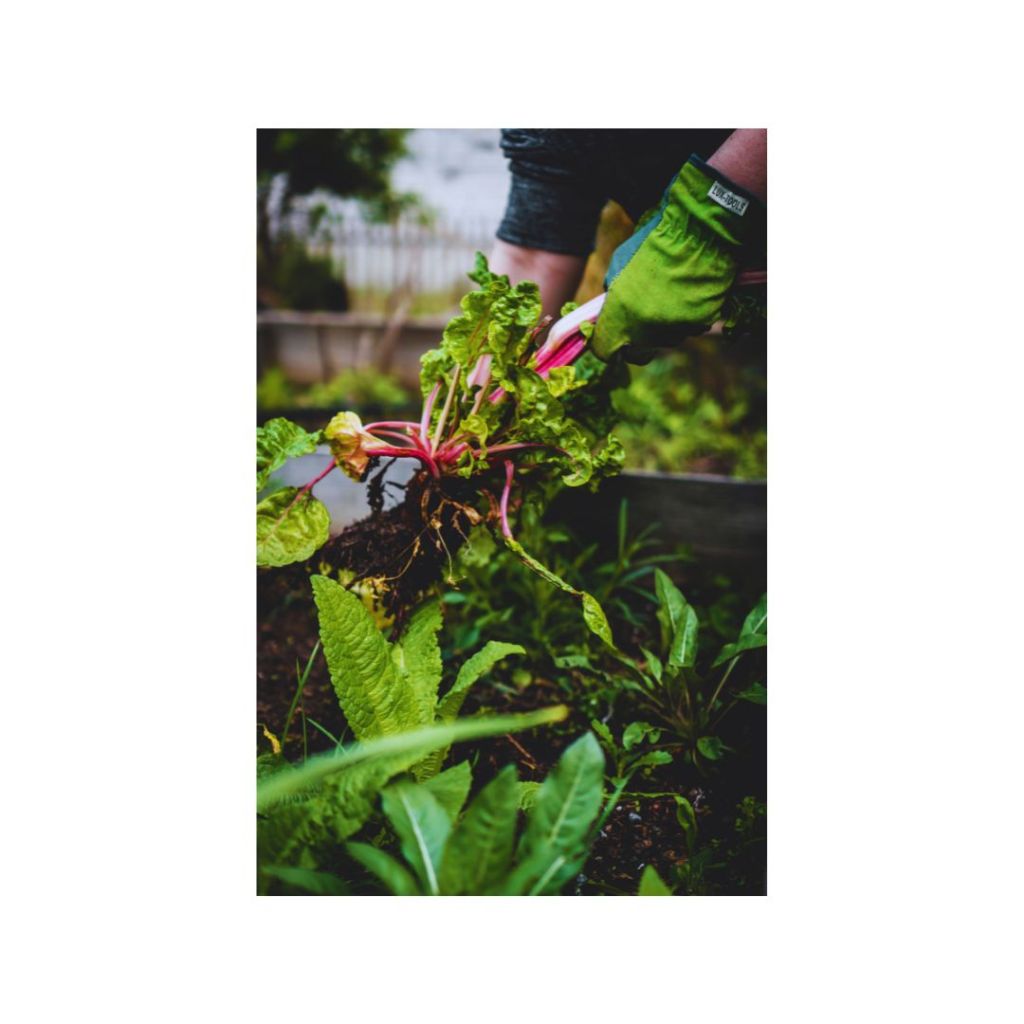The Finance Bill 2024 is a new set of rules about taxes in Kenya. It has changed the amount of tax people have to pay when they buy alcoholic drinks.
Table of Contents
The primary points New Alcohol Tax Rules in Kenya Explained. 1
Higher Taxes on Stronger Drinks. 1
New Method of Tax Calculation. 1
Increased Costs for Producers. 2
The primary points New Alcohol Tax Rules in Kenya Explained
Higher Taxes on Stronger Drinks
For instance, the tax has gone from 267 shillings to 444 shillings if you purchase a 750 ml bottle of gin, which has a lot of alcohol.
However, the 500 ml bottle of Tusker Cider now has a 51 shilling tax instead of 72 shillings because it contains less alcohol.

New Method of Tax Calculation
The new regulations tax beverages according to their amount of pure alcohol content rather than how big they are. This is fairer because stronger drinks should pay more tax than weaker drinks.
Revenue and Economic Impact
The government hopes to increase revenue from alcohol taxes, which go toward funding infrastructure projects like roads and schools.
Beer used to provide a large portion of this revenue because so many people drank it. However, they now want to charge extra for stronger beverages, such as alcohol (gin, vodka, etc.).
Modifying Consumer Behavior
The government intends for individuals to purchase and consume more of the now-cheaper weaker drinks by raising the price of the stronger drinks.
The general goal of this is to encourage individuals to drink less alcohol, which is healthier for their health.
Difficulties
This plan has certain issues. Some people may begin purchasing illicit (unofficial), which is tax-free and can be dangerous, when the price of legal (official) alcohol increases.
This implies that tax revenue may be lower than anticipated for the government.

Encouraging Local Farming
Under the new regulations, distillers who use locally grown sugar and other crops to create their products can also receive a tax relief. This is intended to support the local economy and farmers.
However, not all producers of alcohol are able to accomplish this, which may provide a challenge for smaller businesses.
Increased Costs for Producers
The new regulations increase the cost of obtaining the materials required by the alcohol industry, perhaps leading to higher prices for their products.
Conclusion
In conclusion, the new tax regulations seek to help local farmers, encourage better drinking habits, and level the playing field in the alcohol industry.
But there are drawbacks as well, such the possibility that more individuals will turn to alcohol that is illegal and increased expenses for alcohol manufacturers.
The government must closely monitor how these developments impact the market and the drinking patterns of the populace.
Bar chart comparing the old and new taxes on gin and Tusker Cider according to the Finance Bill 2024

– The blue bars represent the old tax amounts.
– The orange bars represent the new tax amounts.
From the chart, you can see that the tax on a 750 ml bottle of gin has increased significantly from 267 Ksh to 444 Ksh, while the tax on a 500 ml bottle of Tusker Cider has decreased from 72 Ksh to 51 Ksh.
Kenya will soon have new tax laws under the Finance Bill 2024. It has altered the levy that consumers must pay when purchasing alcoholic beverages.


Leave a comment